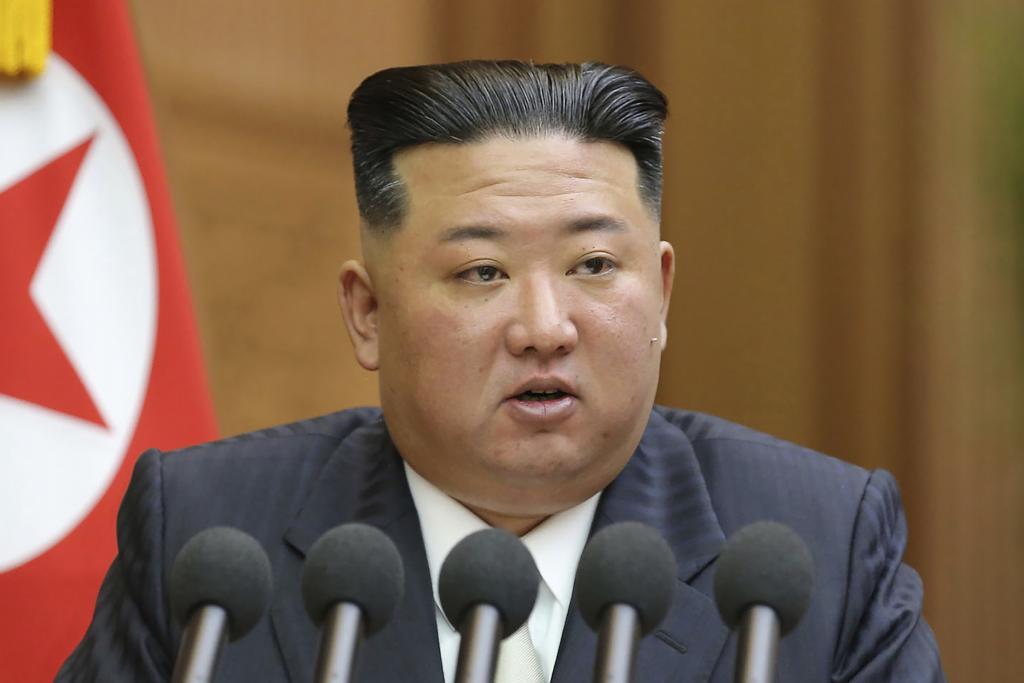In North Korea, watching and distributing foreign films, or any other multimedia content from abroad without passing through the appropriate censorship filters of Pyongyang, is punishable by death.
It may seem like an exaggeration repeated over the years by South Korean and Western media, but there are many testimonies from North Korean dissidents who have recounted how family members, friends, or neighbors have disappeared after being reported by a regime informant for the dangerous act of secretly gathering to watch foreign content smuggled in on USB drives and SD cards. This changed the way many viewed the world and eroded their trust in Kim Jong-un's regime. Therefore, the North Korean leader adopted increasingly severe measures to combat access to illegal media," explains Sarah A. Son, a professor of Korean Studies at the University of Sheffield (United Kingdom) and co-author of an international research on public executions in North Korea of individuals convicted of consuming or disseminating foreign audiovisual content.
This Friday, a report from the UN human rights office emphasized this point: more and more North Koreans are being detained, sentenced to death, and executed after being caught watching and sharing foreign movies and TV series.
"Over the past decade, the North Korean state has strengthened control over all aspects of citizens' lives. No other population is subjected to such restrictions in the current world, with increasingly widespread extreme surveillance thanks to technological advances," states a report that specifies that since 2015, North Korean authorities have introduced at least six new laws allowing for the death penalty in various cases, including those related to foreign audiovisual content.
In 2020, Pyongyang introduced the Law for the Elimination of Reactionary Thought and Culture, which establishes harsh penalties for both viewers and distributors of foreign content. "At the same time, Kim has publicly condemned K-Pop as a vicious cancer that permeates North Korean society. Pyongyang portrays South Korea as a depraved hell where people are ideologically corrupt and consumed by poverty," says researcher Sarah A. Son.
The report released by the United Nations now reiterates what the organization stated a decade ago in another report: North Korea is committing crimes against humanity. "Repression in North Korea has deepened in many areas, with increased use of forced labor and more frequent executions, making it the most restrictive country in the world."
The 14-page investigation, which covers events since 2014, is based on interviews with around 300 North Koreans, witnesses, and victims of Kim's regime repression, which has become more isolated than ever since the pandemic.
"Three of my friends were executed"
The testimonies assert that executions are carried out in public firing squads to instill fear in the population. "Three of my friends were executed after being caught watching South Korean content," recounts Kang Gyuri, a North Korean woman in her twenties who escaped her country in 2023 and now resides in Seoul. "One of them was tried alongside other criminals who were there for drug trafficking offenses," continues the dissident.
The United Nations High Commissioner for Human Rights, Volker Türk, pointed out during the report presentation that if this situation continues in the Asian country, North Koreans "will be subjected to more suffering, brutal repression, and fear than they have endured for so long."
The UN adds that the North Korean dictatorship is also subjecting its people to more forced labor and further restricting their freedoms. Poor families are recruited into "shock brigades" to perform "physically demanding tasks" such as construction or mining. In recent years, thousands of orphans and street children have even been recruited for these jobs.
Additional testimonies collected by the UN detail that it is now nearly impossible to escape the country because authorities have intensified controls on the border with China and have ordered troops to shoot those attempting to cross. "In the early days of Kim Jong-un, we had some hope, but that hope didn't last long," recounts a young North Korean who fled in 2018 at the age of 17. "The government gradually prevented people from earning a living independently, and the mere act of surviving became a daily torture."
